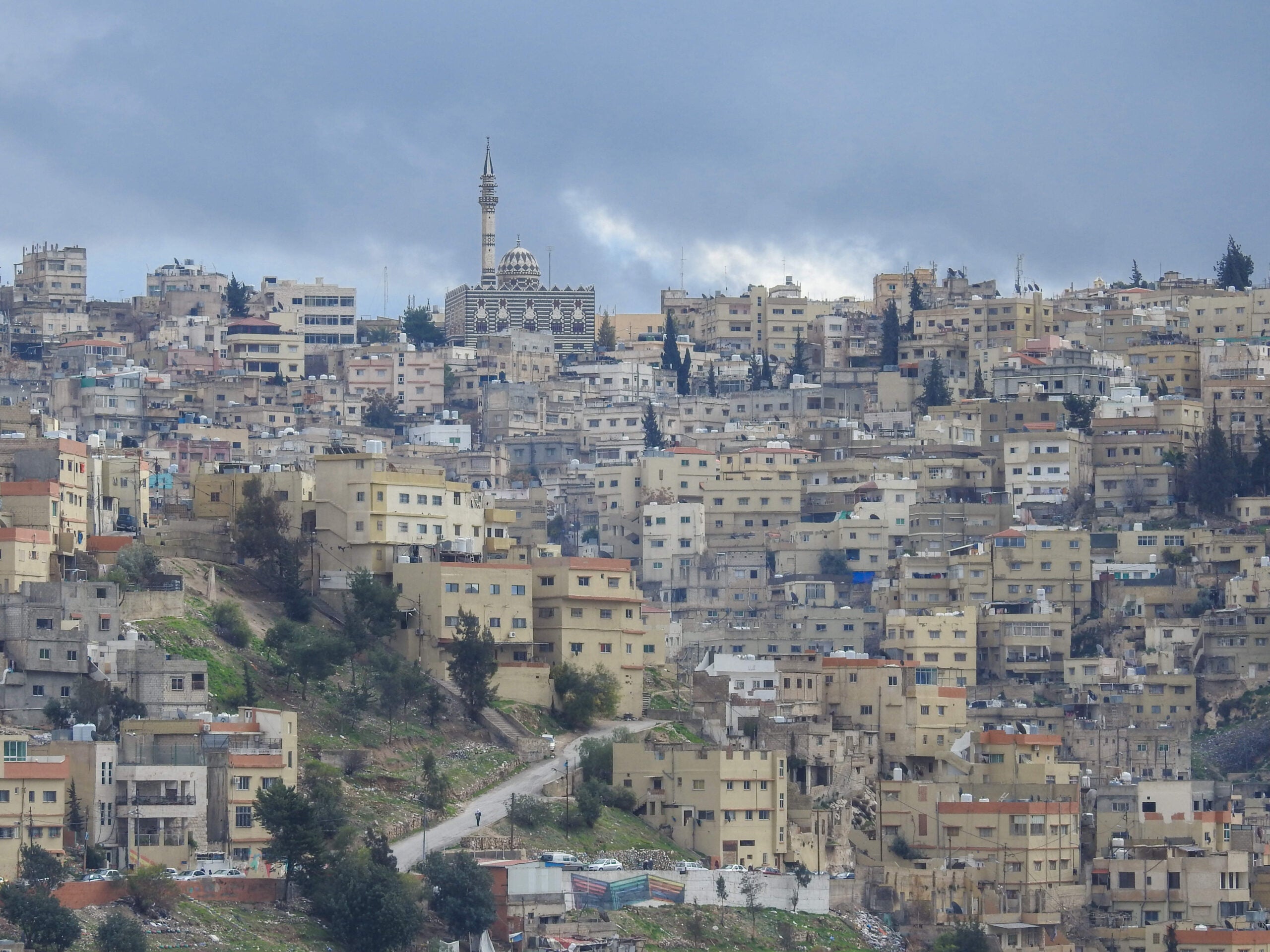
Amman, Jordan, witnessed mass protests for the fourth day running on Sunday as several thousand Jordanians took to the streets to oppose planned tax increases and cuts in subsidies on fuel and electricity.
The latest unrest follows government efforts to push ahead with measures aimed at reducing Jordan’s public debt, which rose to 95.5% of GDP in 2017 amid weak economic growth and rising unemployment – in part due to the larger number of refugees in the country.
Among the controversial proposals is a draft income tax law announced last month in parliament that would raise income tax by at least 5%, and company taxes by between 20% and 40%.
This prospective tax hike has been a key driver of the street protests. Demonstrators have also expressed anger at the pressure being exerted on the country by the IMF, with the head of Jordan’s federation of unions, Ali Obus, demanding that the state “maintain its independence and not bow to IMF demands”.
Amman was provided with a $723m, three-year credit line by the Washington-based IMF in 2016 as part of an economic reform plan aimed at reducing Jordan’s public debt to about 77% by 2021.
A majority of 78 out of parliament’s 130 representatives have since pledged to oppose the draft income tax law.
The government had also been planning further subsidy cuts that would have compounded the population’s frustration following five successive fuel price hikes since the beginning of the year, as well as a 55% increase in electricity bills since February.
Rapid pace of Jordan tax hikes, subsidy cuts claimed to be widening inequality
However, critics say the dramatic pace of the cuts is disproportionately affecting the poorer members of society and risks further widening Jordan’s already significant rich-poor divide.
This year, the Economist Intelligence Unit notably ranked Amman as the most expensive city in the Arab world and the 28th most expensive city globally.
On Friday, King Abdullah II attempted to dampen the popular discontent by issuing a directive to freeze the proposed fuel and electricity price hikes.
The protests only continued to grow, however, and on Saturday security forces had to fire volleys of tear gas canisters to keep crowds away from the prime minister’s office.
Prime Minister Hani Mulki is due to attend the royal palace later today amid growing speculation that he will be dismissed.
Although King Abdullah is the ultimate decision-maker, public anger is typically directed at the appointed government, allowing the sovereign to remain above the political fray.
The king has historically made frequent use of his powers to dismiss the prime minister to quell unrest. In 2012 and 2016, he dissolved the Jordanian parliament in its entirety in response to protests.
The persisting domestic instability will nevertheless be viewed with concern by Jordan’s allies, for whom the kingdom has traditionally been a rock amid regional unrest, and a vital partner in the international fight against Islamic militants.
Equally, the unravelling of the kingdom’s programme of economic reform will likely be viewed in a dim light by international lenders, and raise serious questions about Jordan’s ability to achieve fiscal balance and tackle its rising public debt.
This article is sourced from Verdict’s sister publication www.meed.com, a leading source of high-value business intelligence and economic analysis about the Middle East and North Africa. To access more MEED content register for the 30-day Free Guest User Programme.







